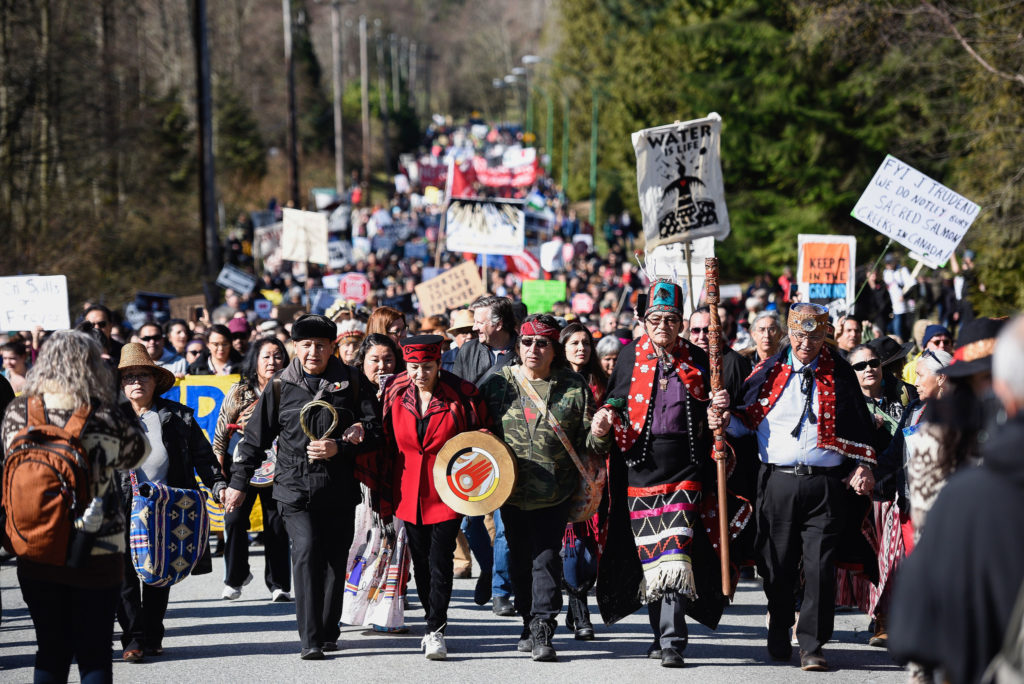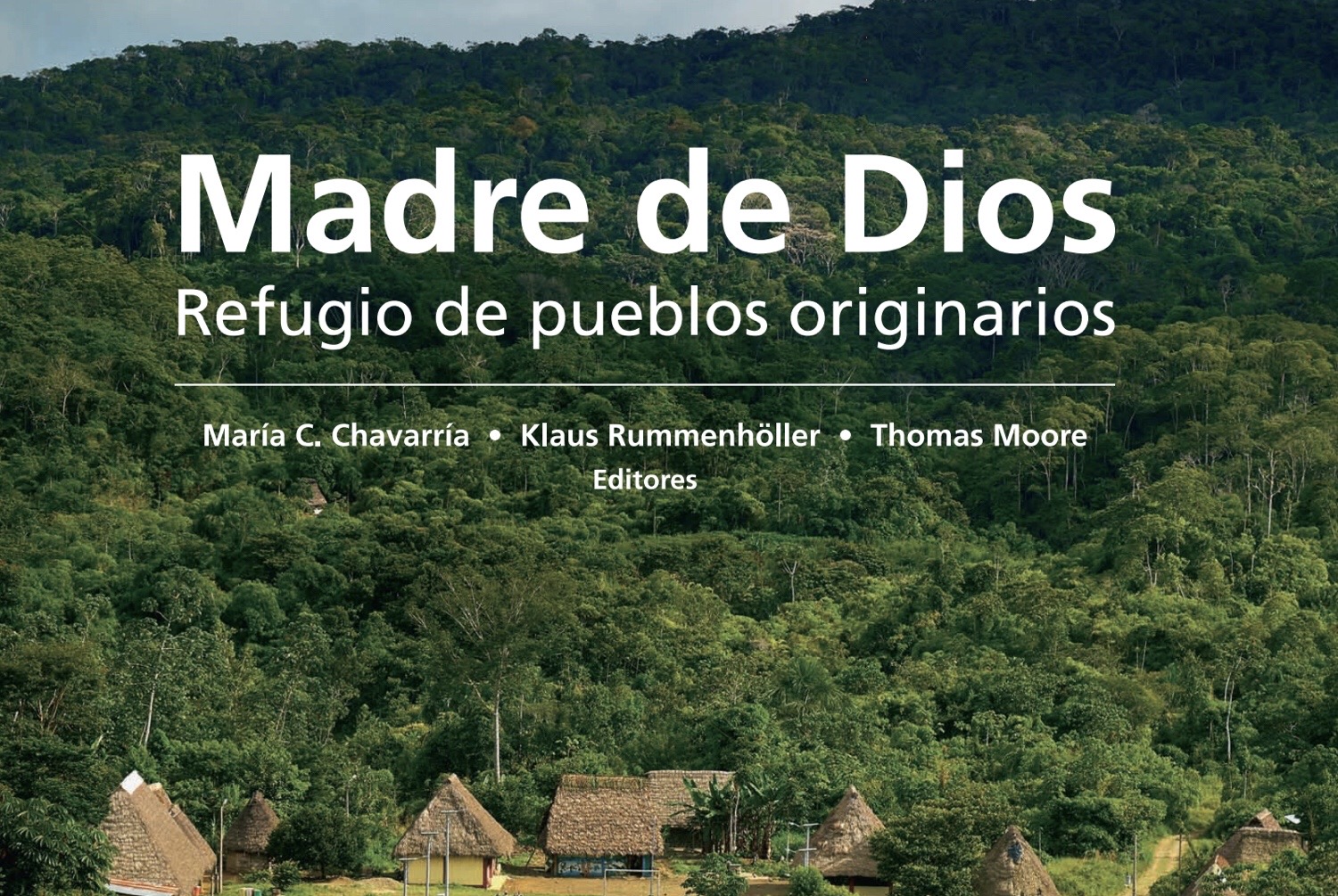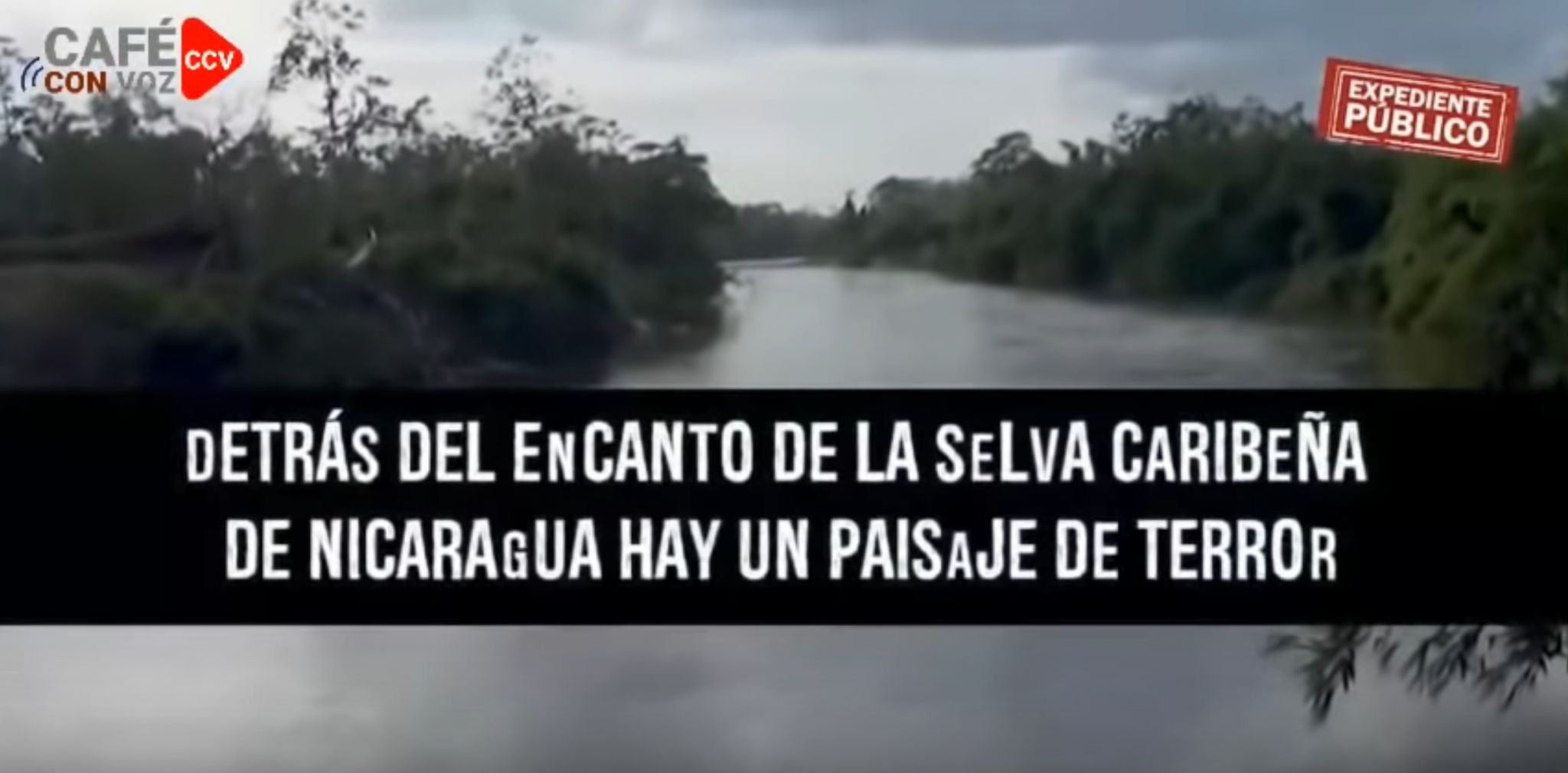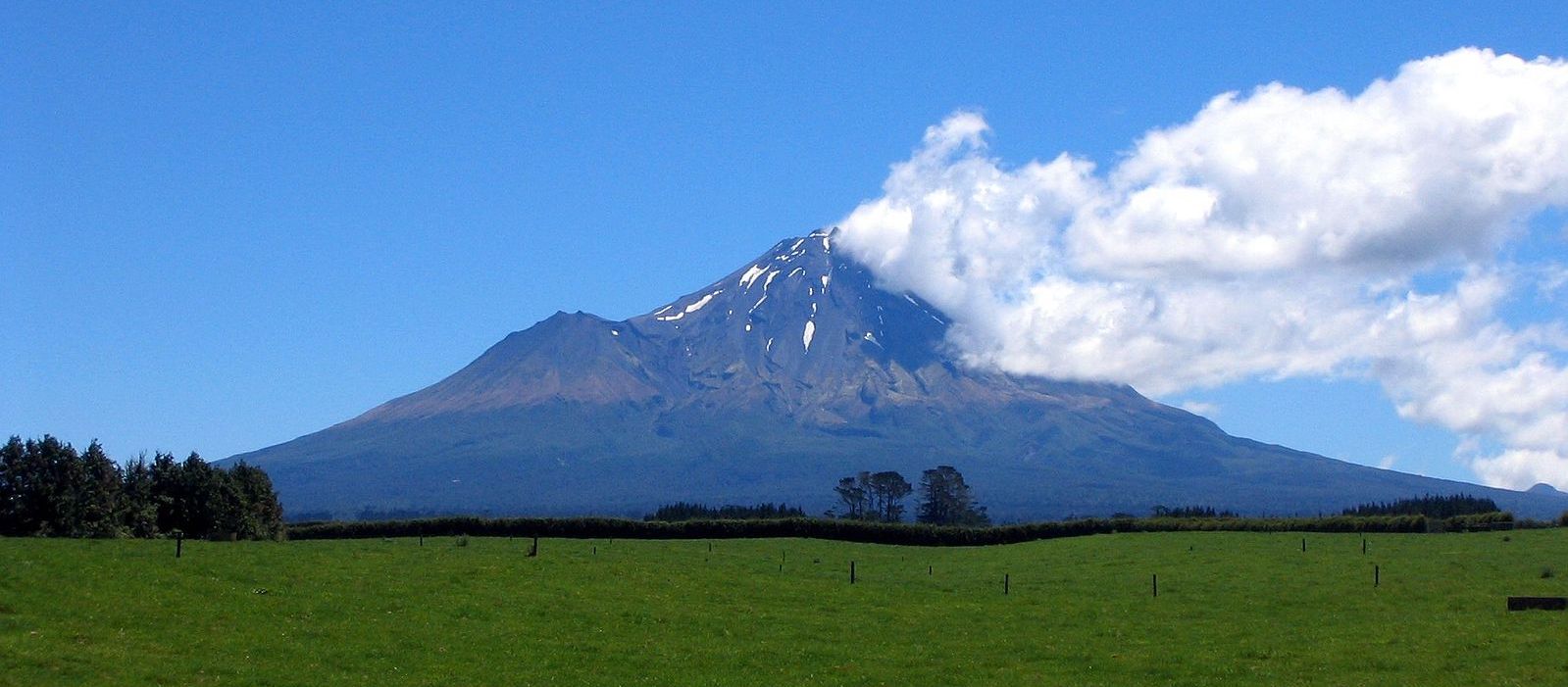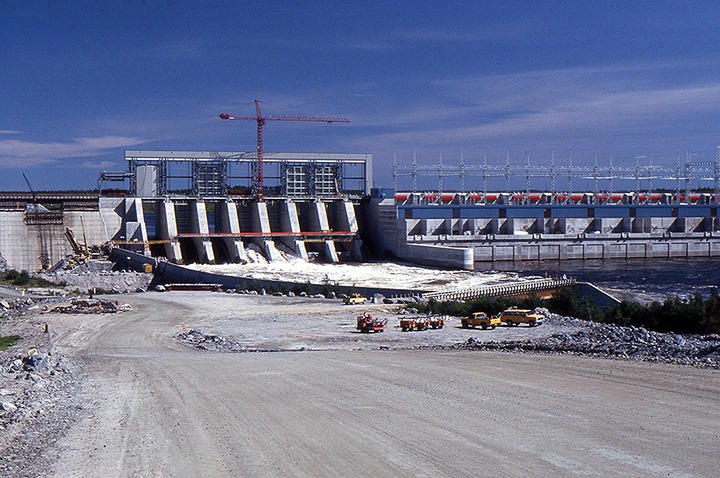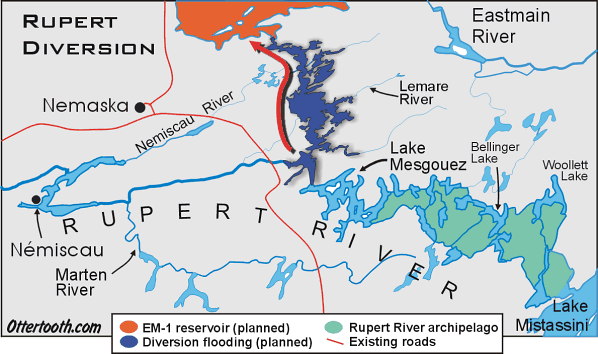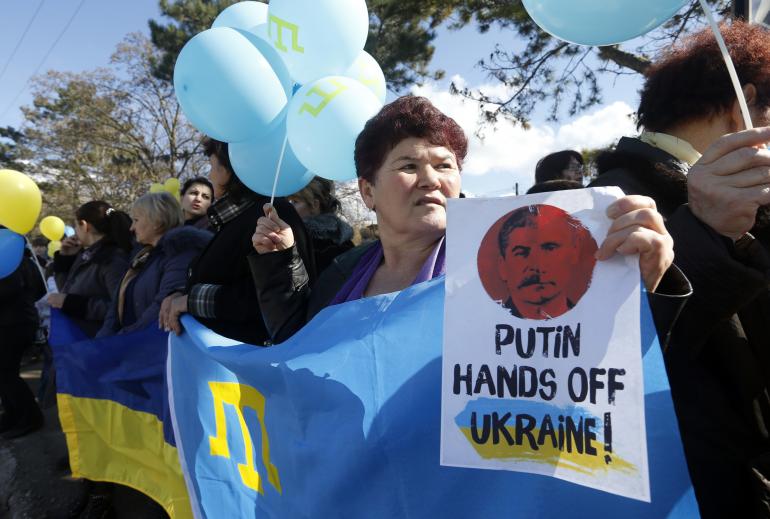
Putin rejects Ukraine law on indigenous rights
A Law on Indigenous Peoples passed last month by Ukraine’s parliament is aimed at protecting the culture, language and autonomy of the Tatars in Russian-occupied Crimea. Putin in an interview after passage of the law asserted that the present leaders of Ukraine are clearly hostile to Russia. “Otherwise, how can you explain a law where Russians are a non-indigenous people? What will this lead to? Some people will simply leave.” He then compared these imagined “consequences” with the effects of a “weapon of mass destruction.” In another interview, he said that the bill “reminded” him of Nazi Germany, as it divides people into “indigenous, first-class and second-class people and so forth.” (Image: One of the last demonstrations in Crimea in March 2014, before the Russian occupiers crushed almost all protest. Via Kharkiv Human Rights Protection Group)



